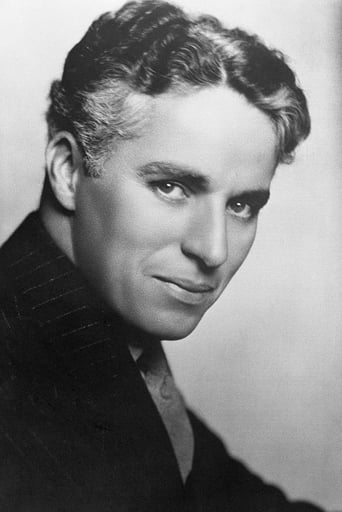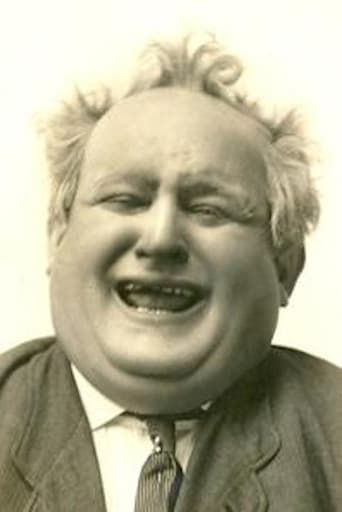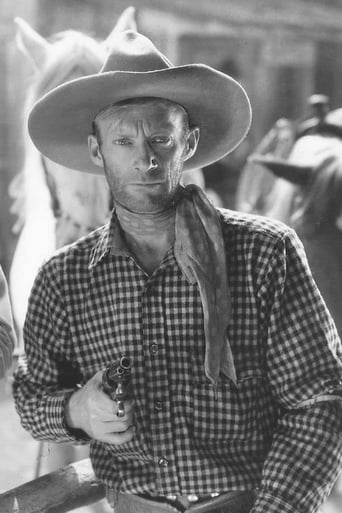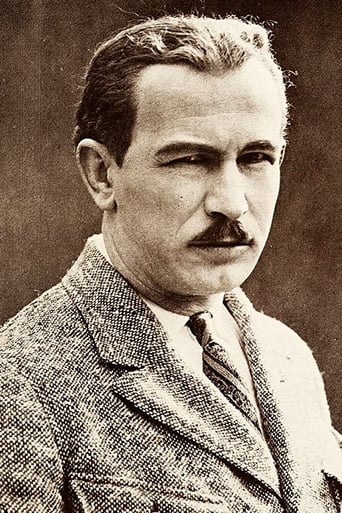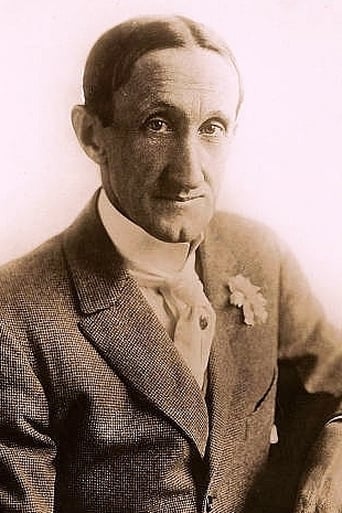wmorrow59
When I first saw this short, a long time ago, I knew the star comedian only from excerpts in silent comedy compilations. If I'm not mistaken The New Janitor was the very first Chaplin film I watched from beginning to end; in any case it was definitely the first of Chaplin's Keystone comedies I'd ever seen. (Permit me a moment of nostalgia: the format for that first viewing was 8mm, a silent print created by the Blackhawk Corporation of Davenport, Iowa, projected on a wall in my home.) And I was surprised at how good it was, because the one thing I kept hearing about Chaplin's Keystones was that his early screen persona was cruel or at least amoral, while the films themselves were slapdash, violent, crude in every sense of the word, and usually lacking any coherent plot or sympathetic characters. As I explored the rest of Chaplin's output from his first year in the movies I found a few shorts—though not the majority—which conform to that stereotype, but this most certainly isn't one of them. The New Janitor tells a concise story, with elements of surprise and suspense. Characters are clearly delineated: we learn just what we need to know about each person on screen in a matter of moments. And Charlie, who of course plays the title role, is a very sympathetic figure indeed, although he doesn't forget to make us laugh.Our story is set in an office building. Janitor Charlie must shuffle up many flights of stairs all day long, because he's repeatedly shut out of the elevator by its mean-spirited operator (Al St. John). This running gag, by the way, not only makes Charlie a sympathetic figure from the opening scene, but also contributes to the suspense of the finale. At any rate, we soon figure out the relationships in the office hierarchy. There's the boss (Jess Dandy), an attractive young secretary (Peggy Page), and a manager (John T. Dillon) who turns out to be a rotter with gambling debts. The plot hinges around the manager's attempt to rob the company safe in order to pay off an impatient creditor. But the secretary walks in on the manager in mid-crime, and finds herself endangered. She manages to summon Charlie, but he, unaware of what is unfolding, must slowly shuffle up those stairs to answer the summons. Once he arrives, he instantly and almost casually acts in a brave and heroic manner, knocks the gun from the villain's hand, and rescues the girl. In the ensuing confusion both the boss and then the police assume that Charlie is the culprit, but, much to our relief, the secretary comes to his defense and his heroism is recognized.This is a very enjoyable short! Chaplin the budding filmmaker really made a great leap forward with The New Janitor. The story is melodramatic but the actors play it straight, and, even a century after the film was made, the plot still draws us in. Interestingly—and atypically—Chaplin is off-screen for a couple of minutes during the middle portion of this short, and if you walked in at that point you might think this film was a drama made at Vitagraph or Thanhouser, but the action commands our attention even when the star is absent. And of course, there are a number of amusing gags along the way, as Charlie juggles a wastebasket, blocks his own entry through a doorway with a horizontally-held broom, deftly "flip kicks" a cigarette through the air, etc. There's even a brief moment of thrill comedy when Charlie nearly falls out a window. And when, at one juncture, the new janitor is fired for ineptitude, we feel for him. Significantly where his character is concerned, he no longer works for the company when the secretary summons him to help, but he answers the call anyway. This is not at all the villainous figure Chaplin played in some of the other Keystones. He's a comic hero, the Charlie Chaplin the world remembers, and in its modest way The New Janitor is one of his first great short comedies.
CitizenCaine
Chaplin directed and edited this film in which he plays a janitor who loses his job because of an accident involving his boss. Chaplin ends up saving a girl from a guy caught stealing money in the office building where Chaplin has worked. Chaplin is collared by a policeman before the cop figures out who the real culprit is. Clearly Chaplin's best film since The Knockout, The New Janitor is notable because it's perhaps Chaplin's first film that balances the comedy with the drama in equal fashion. The film maintains interest throughout and never resorts to repetitive tactics either within the film or from earlier Chaplin films. Several new bits appear, the best has Chaplin holding up the thief with a gun between his legs backwards. Chaplin keeps the film moving at a brisk pace, and the film contains more of an actual plot than usual for this period. **1/2 of 4 stars.
Michael DeZubiria
As Chaplin's earliest films continue to evolve you can see more and more of the sight gags that would become very common in his later films, such as kicking his cigarette when he throws it away, various kicking and falling routines, and one which would be used again in The Immigrant a few years later, holding a man up with a gun held between his legs from behind.This film has a more complex plot that the majority of Chaplin's short comedies that came before it, although I might have to admit that at times I found it to be a little bit hard to follow, maybe because the comedy was not quite enough to pull along the rest of the story, which itself is not quite strong enough to stand on its own.Charlie plays a janitor who, as is to be expected, gets himself fired in some hilarious way, and then later comes to the rescue when an employee with a gambling debt attacks a woman who catches him trying to steal from the safe to cover his debt. The story is not complex or even very interesting, but it's there, and it shows that Chaplin sees the lack of story in his films so far as is trying to improve that.
MartinHafer
I've seen quite a few Chaplin shorts from early in his career and I've noticed that his early stuff (done for Keystone Studios) is pretty dreadful stuff. Unlike his wonderful full-length films from the 20s and 30s, the films from 1914-1915 are incredibly poorly made--having no script but only vague instructions from the director. In most cases, the films had almost no plot and degenerated to people punching and kicking each other.However, unlike MOST Keystone comedies, this short actually has a pretty well-defined plot. Charlie is a janitor and gets fired when he accidentally dumps a pail of water on the boss' head. Later, an employee with gambling debts tries to steal from the company safe but is caught by a female employee. The cad attacks the lady and Charlie springs to the rescue.Unfortunately, despite having more plot, this film isn't all that funny. Still, compared with MOST early Chaplin films, this is worth watching.By the way, the bellboy appears to be Al St. John--a perennial extra in silent comedies and Fatty Arbuckle's nephew.
